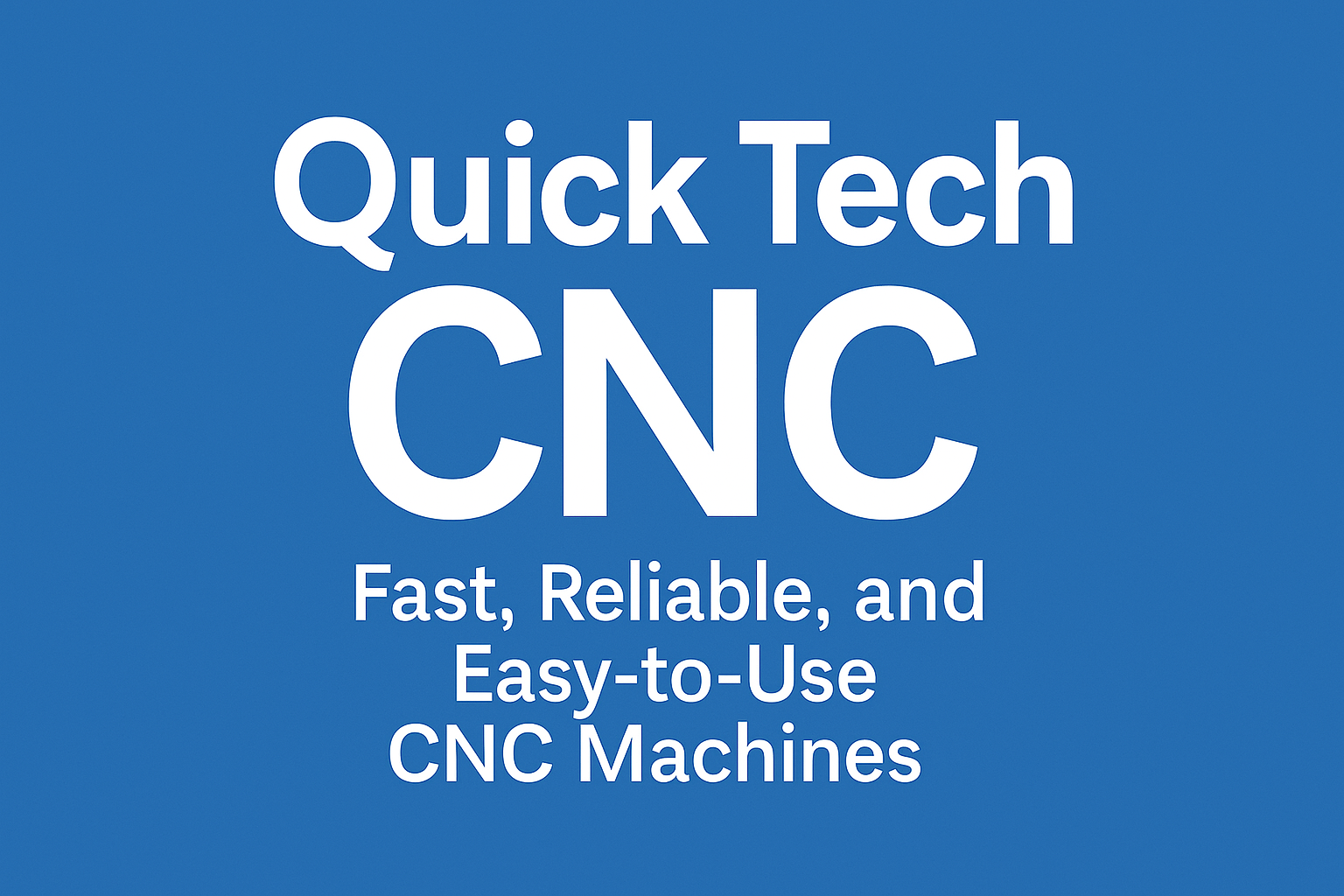Tooling Tech Group: What It Is and Why It Matters

The tooling tech group plays a key role in modern manufacturing. These groups focus on tool design, production, and innovation. They serve many industries, from automotive to aerospace. Their work helps improve efficiency and product quality.
What Does Tooling Mean?
Tooling refers to the tools used in manufacturing. These include molds, dies, cutting tools, and fixtures. Tools are made for specific tasks. Good tooling leads to better results and fewer errors.
Who Makes Up a Tooling Tech Group?
A tooling tech group includes engineers, designers, and manufacturers. Some work in big companies, others in small firms. They may also partner with research centers. Their goal is to build better tools faster.
Why Quality Tooling Is Crucial
Quality tools reduce waste and save time. They also extend machine life and cut costs. Poor tools lead to defects and delays. In competitive markets, this can be costly.
How Tooling Tech Groups Work
These groups start by understanding client needs. Then they design and test prototypes. Once approved, they move to full-scale production. They also offer support after delivery.
Types of Tools Made by Tooling Tech Groups
Common tools include injection molds and cutting bits. Others make jigs and fixtures for assembly lines. Some specialize in 3D-printed or custom tools. Each type serves a unique purpose.
Automotive companies need precision tools. Aerospace firms use high-stress materials. Medical device makers require sterile tools. Electronics brands depend on mini tools. All these sectors rely on skilled tooling teams.
Key Technologies Used in Tooling
Modern tooling uses CNC machines and lasers. CAD software designs the tools before making them. Some tools are tested using simulations. Smart sensors monitor tool wear during use.
Benefits of Working With a Tooling Tech Group
Teams bring speed and accuracy to the table. They handle complex jobs that in-house staff can’t. They also keep up with new trends and tools. This helps clients stay ahead of the curve.
Challenges Faced by Tooling Tech Groups
High upfront costs can be an issue. Skilled workers are not always easy to find. Supply chain delays affect material sourcing. Staying updated with tech takes investment.
How to Choose the Right Tooling Tech Group
Look for experience in your industry. Ask about their tools and processes. Check reviews and past projects. Talk to them directly to see if they understand your needs.
The Role of Automation in Tooling
Robots help automate repetitive tasks. They load and unload tools with precision. Some systems track tool usage and alert when maintenance is needed. Automation improves both safety and output.
Sustainability in Tooling Tech
Some groups use recycled metals and plastics. Energy-efficient machines lower environmental impact. Reusable molds cut down on waste. Greener practices are becoming more common.
Future Trends in Tooling Tech
AI will help predict tool failure before it happens. Additive manufacturing will allow faster prototyping. More tools will be designed digitally first. Sustainability will drive future innovations.
How Tooling Impacts Product Development
Good tools speed up product testing. They allow for quick changes to designs. Teams can produce samples faster. This helps companies get products to market quicker.
Cost Management in Tooling Projects
Estimates should include tooling, labor, and testing. Some groups offer flexible pricing models. Bulk orders often cost less per unit. Budgeting early avoids surprises later.
Training and Skill Development
Skilled workers are essential in tooling. Many groups train employees regularly. Some partner with trade schools for talent. Upskilling keeps teams competitive.
Global Reach of Tooling Tech Groups
Many groups operate worldwide. They serve clients across different continents. Time zones and language matter in collaboration. Shipping logistics must be planned carefully.
Innovation Through Collaboration
Tooling groups often work with other experts. Designers, engineers, and clients collaborate. Feedback loops improve final outcomes. Teamwork leads to better solutions.
The Impact of Industry 4.0 on Tooling Tech
Smart factories rely on connected tools. Data from machines guides decision-making. Predictive maintenance cuts downtime. Digital twins simulate performance before production.

Custom vs. Standard Tooling Solutions
Custom tools fit specific needs but cost more. Standard tools are cheaper but might not fit perfectly. Some groups offer semi-custom options. The choice depends on budget and complexity.
Testing and Validation in Tooling
Tools undergo stress tests before use. Simulations show how they perform under pressure. Real-world trials ensure reliability. Testing prevents failures in production.
Support After Tool Delivery
Ongoing support ensures long-term success. Teams provide repair and replacement services. Some offer remote diagnostics. Support extends tool lifespan and reduces downtime.
Ways to Measure Tooling Success
Track how often tools fail or need repairs. Count how many parts each tool makes. Compare production times before and after new tools. High uptime and low waste mean success.
Case Study: Automotive Tooling Project
A car company needed molds for dashboard parts. A tooling tech group designed and built them. The new molds reduced defects by 40%. Production time improved within weeks.
Case Study: Medical Device Manufacturing
A medical firm required tiny, sterile tools. The team used cleanroom facilities. Tools passed all health standards. Production scaled quickly after testing.
Conclusion: The Value of Partnering With a Tooling Tech Group
Working with a skilled tooling tech group brings many benefits. It saves time, improves quality, and supports growth. Whether you’re in auto parts or electronics, the right team matters. Stay informed and choose wisely.
Read more: Tool Tech Supply: Where Tools and Tech Come Together
Frequently Asked Questions (FAQ)
What is a tooling tech group?
A tooling tech group builds and designs the tools used in manufacturing. These tools shape parts and products. They serve multiple industries. Their work improves production speed and quality.
Why does tooling matter in manufacturing?
Good tools cut waste and boost efficiency. They help avoid mistakes and delays. Industries rely on strong tools to meet demand. Better tools mean better outputs.
Which industries use tooling tech groups?
Automotive, aerospace, medical, and electronics sectors use these groups. Construction and energy also depend on tooling. Almost every product has components made with tools.
What tools do these groups make?
They make injection molds, cutting tools, jigs, and dies. Some create fixtures and 3D printed items. Each tool fits a specific job. Customization is common.
How does automation help in tooling?
Automation handles repetitive tasks. It tracks tool wear and alerts teams. Robots load and unload tools safely. It boosts output and reduces errors.
Can small businesses use tooling tech groups?
Yes. Many groups work with small firms. They offer scalable solutions. Some let clients order one-off tools. Cost depends on complexity and volume.
Are there sustainable tooling methods?
Yes. Some groups use recycled materials. Energy-efficient machines reduce emissions. Reusable molds cut waste. Green practices are growing in the field.
How to pick the right tooling group?
Check their experience in your industry. Ask about past projects. Read customer reviews. Discuss timelines and budgets early.
Do tooling groups offer support after delivery?
Most do. They offer repairs, replacements, and diagnostics. Some provide remote monitoring. Ongoing service keeps tools running longer.
What’s the future of tooling technology?
AI will predict tool failure before it occurs. More tools will be made using 3D printing. Digital twins will test tools before physical builds. Green practices will grow.



